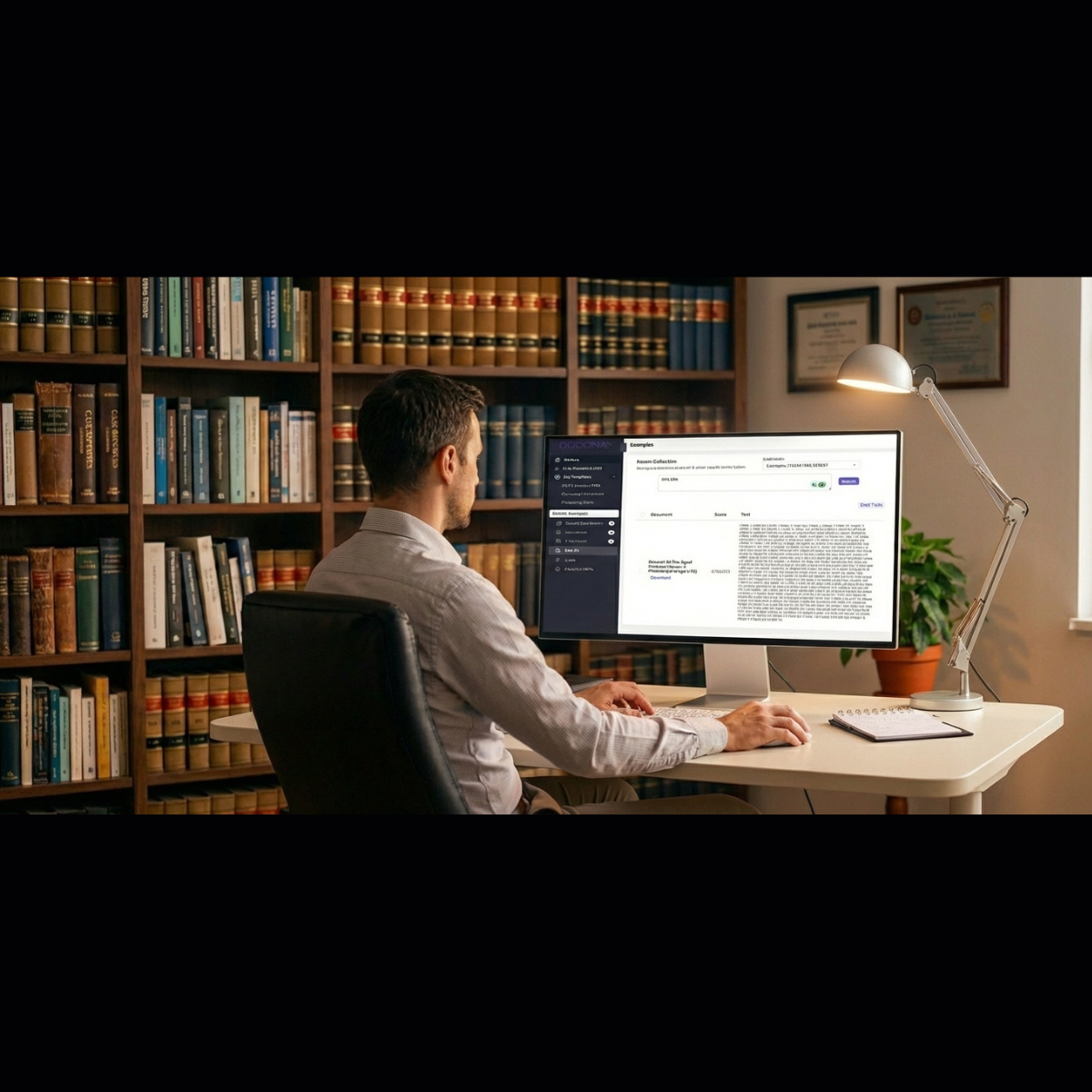What is a Deposition?
A deposition is a sworn, out-of-court oral testimony of a witness that is recorded for later use in court or for discovery purposes. It allows both parties in a lawsuit to gather information related to the case, helping them prepare for trial by revealing what witnesses will say and how they will say it.
How Do Depositions Work?
Depositions typically involve the witness (deponent), attorneys from both sides, and a court reporter. The process is as follows:
- Notice and Scheduling: A notice of deposition is served to all parties involved, scheduling when and where the deposition will take place.
- Taking Testimony: During the deposition, attorneys from both sides have the opportunity to ask the witness questions related to the case. The witness’s answers are given under oath.
- Recording Testimony: A court reporter (or stenographer) records the entire deposition, ensuring a word-for-word transcript is available. Sometimes, depositions are also video-recorded.
The Role of Depositions in Litigation
Depositions play a multifaceted role in litigation, serving both discovery and evidentiary purposes. They help attorneys:
- Assess the strength of the opposing party’s case
- Determine the credibility of witnesses
- Formulate case strategies
- Preserve testimony of witnesses who may not be available at trial
- Provide a basis for impeachment of witnesses if their in-court testimony differs from their deposition
Rules Governing Depositions
The rules surrounding depositions vary by jurisdiction but are generally outlined in the Federal Rules of Civil Procedure (FRCP) for federal cases, with state cases following similar or adapted rules. Key rules include:
- Notice Requirements: Parties must be given adequate notice of the time and place of a deposition.
- Location: Depositions usually occur at a neutral location, like a law office or a court reporting agency.
- Duration: The FRCP limits depositions to one day of seven hours unless otherwise agreed or ordered by the court.
- Objections: Attorneys may object to questions during depositions, but, with few exceptions, the witness is still required to answer. The validity of objections is typically ruled on later by a judge.
Using Depositions as Evidence
Deposition testimony can be used in court under certain circumstances, such as:
- Impeachment: Challenging the credibility of a witness if their trial testimony contradicts their deposition.
- Unavailable Witnesses: If a witness cannot attend the trial, their deposition may be used as their testimony.
- To Refresh Memory: A witness can review their deposition to refresh their memory of certain details.
Conclusion
Depositions are a vital part of the pre-trial discovery process, allowing legal teams to gather facts, anticipate the direction of the trial, and develop effective case strategies. Understanding the intricacies of how depositions are conducted and how they fit into the broader litigation process is essential for anyone involved in or studying the legal field. Whether for lawyers preparing for an upcoming case, parties seeking to understand their role in a deposition, or paralegals summarizing deposition testimony or working with transcripts, grasping these fundamentals is key to navigating the complexities of legal proceedings.






